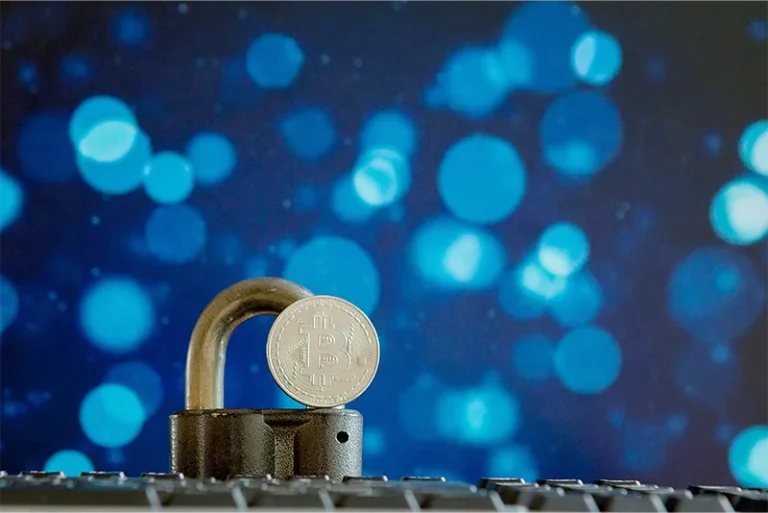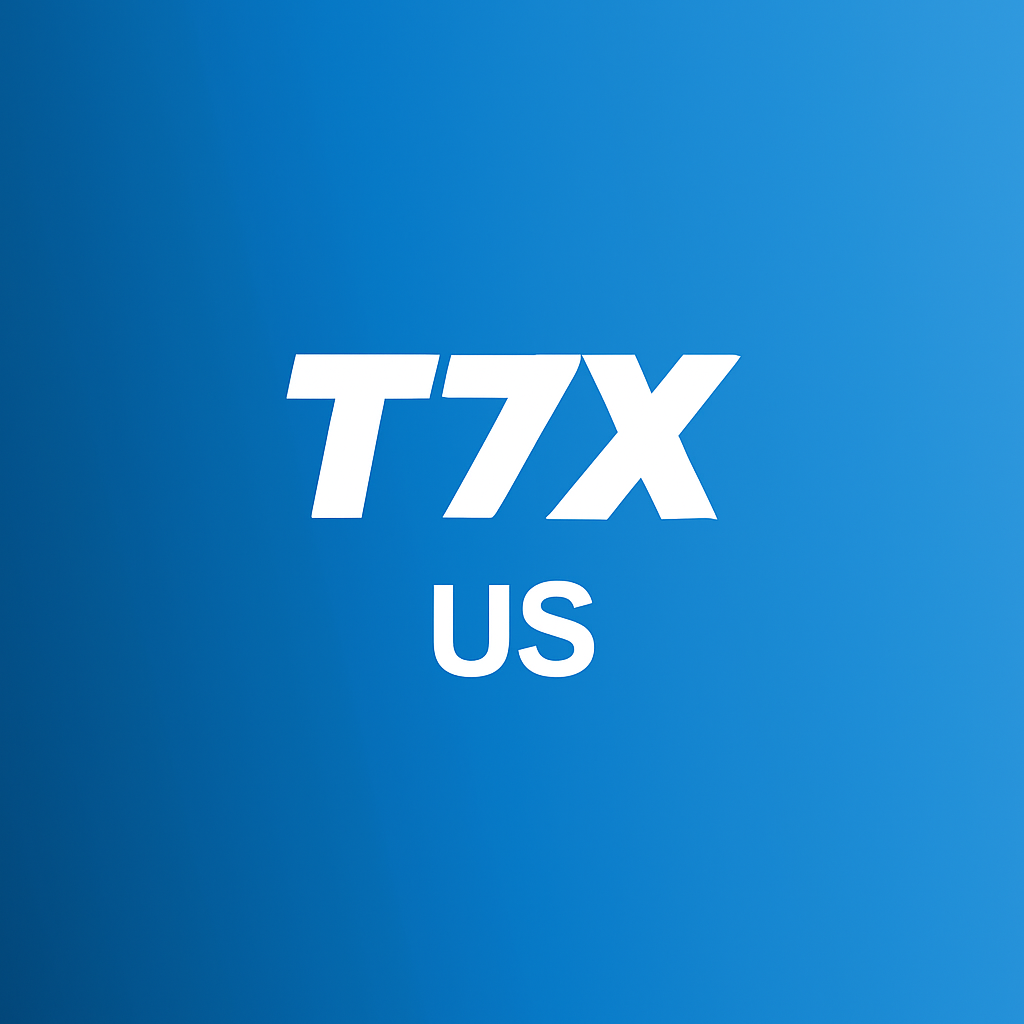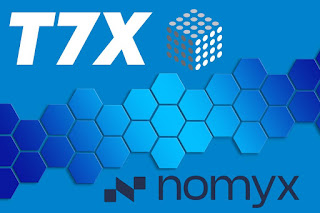
T7X Team
18 November, 2024
Tokenization, the process of converting real-world assets (RWAs) into digital tokens on a blockchain, is transforming multiple industries by making traditional assets more accessible, liquid, and transparent. Tokenized assets offer fractional ownership, simplify transfer processes, and reduce entry barriers, appealing to both institutional and individual investors. Tokenization’s flexibility has spurred its adoption across sectors such as real estate, finance, art, and commodities, each benefiting from unique use cases. Here’s an overview of the top use cases for tokenized RWAs in various industries.
1. Real Estate
The real estate industry has been one of the early adopters of tokenization due to its significant barriers to entry, high capital requirements, and traditionally low liquidity. Tokenization provides solutions by breaking down large properties into digital shares, making investment more accessible to a wider pool of investors.
Fractional Ownership of Properties: Tokenization allows investors to purchase a fraction of a property, such as a commercial building or luxury apartment, rather than needing to buy the entire asset. This enables smaller investors to participate in high-value real estate, while property owners can access a more diverse investor base.
Increased Liquidity for Illiquid Assets: Traditionally, real estate investments are difficult to liquidate quickly due to the lengthy sales process and limited buyer pool. By issuing tokens that represent fractional shares, real estate becomes more liquid, allowing investors to sell their shares on digital marketplaces whenever they choose.
Simplified Cross-Border Investments: Tokenization enables investors from different countries to invest in real estate without navigating complex regulations or exchange rate issues. Blockchain’s transparency and traceability also simplify compliance and ownership verification across borders.
2. Art and Collectibles
Tokenization has opened new possibilities in the art world by enabling fractional ownership of high-value artworks, collectibles, and rare artifacts. Traditionally, investing in fine art required substantial capital, but tokenization allows smaller investors to participate in this market.
Fractional Investment in High-Value Artworks: Art tokenization allows investors to purchase shares of iconic or valuable pieces without the need to own the entire piece. This democratizes art investment and introduces new liquidity to a traditionally static market.
Ownership Rights and Royalties: Artists or art owners can use smart contracts to manage royalty payments for tokenized artwork. If a tokenized piece appreciates and is sold on a secondary market, the original artist could receive a percentage of the resale, creating recurring revenue opportunities.
Digital Authentication and Provenance: Blockchain-based tokenization provides a secure record of an artwork’s provenance, helping prevent fraud and forgery. Buyers can trace the artwork’s ownership history on the blockchain, providing confidence in its authenticity.
3. Commodities and Precious Metals
Commodities such as gold, silver, oil, and other natural resources can be tokenized, offering investors direct exposure to their value without needing to hold physical assets. Tokenization brings a new level of liquidity, transparency, and accessibility to these markets.
Fractional Ownership of Precious Metals: Investors can buy shares in precious metals like gold and silver, which are stored securely by custodians. One token might represent one gram of gold, allowing people to buy and trade gold easily without storage or transport concerns.
Efficient Trading of Commodities: Tokenization enables real-time trading on digital platforms, reducing settlement times and administrative costs compared to traditional, intermediary-heavy processes.
Improved Transparency and Traceability: With blockchain, the sourcing, extraction, and ownership of commodities can be tracked in real-time, supporting ESG reporting and assuring buyers of ethical sourcing.
4. Finance and Investment Funds
Tokenization is reshaping finance by making it easier to invest in various assets and by giving fund managers new ways to reach broader audiences.
Tokenized Equity and Debt: Companies can raise capital by issuing tokenized equity or digital debt instruments with lower costs and faster settlement than traditional offerings.
Investment Funds and REITs: Tokenized funds let investors access diversified portfolios (e.g., real estate, venture capital) with lower minimums and greater liquidity via tradable shares.
Access to Global Investors: Blockchain rails allow tokenized financial products to reach a global investor base, improving diversification and capital formation.
5. Agriculture and Land Assets
Tokenization creates new ways to support farms, buy land shares, and invest in specific crops—opening opportunities that previously required high capital and long commitments.
Fractional Ownership of Farmland: Investors can buy shares in agricultural land, participating in appreciation and potential income while landowners fund operations or expansion.
Crops and Agricultural Yield Tokens: Farmers can issue tokens representing future yields, securing upfront capital while investors receive returns based on harvest performance.
Environmental and Sustainable Investment: Tokens tied to sustainable practices enable investors to support eco-friendly farms and benefit from demand for green investments.
6. Intellectual Property and Royalties
Entertainment and media are using tokenization to unlock value from IP, royalties, and digital content revenue streams.
Tokenized Music Rights and Royalties: Musicians can tokenize rights so fans invest and share in revenue. Royalties are distributed automatically via smart contracts.
Digital Content and Streaming: Creators can tokenize projects, letting supporters fund production and earn a share of future revenues based on performance.
Patents and Intellectual Property Rights: Innovators can tokenize patents to attract investment and streamline licensing and royalty payments through smart contracts.
Tokenizing real-world assets is reshaping industries by improving liquidity, accessibility, and transparency. From real estate and art to agriculture and intellectual property, tokenization allows assets to reach broader audiences, democratizing investment and introducing new revenue streams. As adoption grows, tokenization promises a more inclusive, efficient, and dynamic investment landscape for asset owners and investors alike.
Search here
Related post
Category
Let's Build the Future Together.




